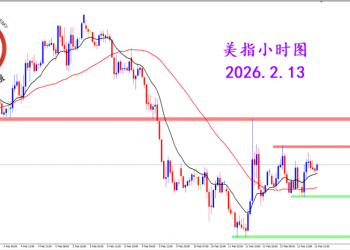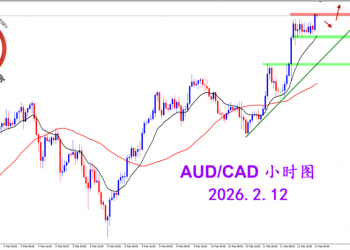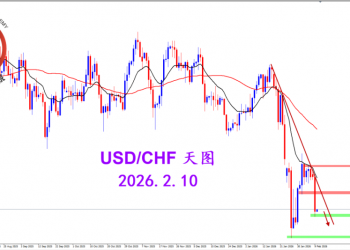WASHINGTON — President Bush on Wednesday addressed concerns about a war with Iraq, saying that while it would be difficult to rebuild the nation after a war, the United States has successfully met those challenges before in both Germany and Japan after World War II.
"America has made and kept this kind of commitment before," Bush said in a speech to the American Enterprise Institute. "After defeating enemies, we did not leave behind occupying armies, we left constitutions and parliaments. We established an atmosphere of safety in which responsible, reform-minded local leaders could build lasting institutions of freedom. In societies that once bred fascism and militarism, liberty found a permanent home."
Bush also made diplomatic yet pointed remarks toward allies in the United Nations, notably France and Germany, that have loudly blasted his position on Iraq.
"We believe in the Security Council so much that we want its words to have meaning," he said.
The first step in the White House plan for a post-Saddam Iraq is providing considerable humanitarian aid.
"Millions of dollars worth of blankets, food, medicine — which is so critically important in that region — and other elements required for some early, rapid reconstruction" are being mobilized, said Tucker Eskew, head of the White House Office of Global Communications.
Forty-six shipping containers filled with crucial supplies are already in the region. The U.S. government has already spent $26 million on Iraqi humanitarian aid and another $50 million is in the pipeline.
A senior Defense Department official said it will cost $60 billion to $85 billion for military operations in Iraq and elsewhere. On top of that, the State Department and related agencies are discussing foreign aid and diplomatic activities ranging from $12 billion to $18 billion.
Thought has been given to fighting the war in a way that will leave crucial infrastructure — like water and sewer plants —- untouched. Eskew admits that may not be easy because it's tough to predict what Saddam might do.
"How much co-location of civilian with military does he do? How much does he use his weapons of mass destruction, if at all? How much does he displace internally his own people or encourage ethnic violence? Those are very serious questions contemplated by policymakers here," he said.
In discussing a broader and more strategic look at a stable Iraq, Bush is hoping that it will reaffirm his administration's commitment for peace in the Mideast region.
"The world has a clear interest in the spread of democratic values, because stable and free nations do not breed the ideologies of murder; they encourage the peaceful pursuit of a better life. And there are hopeful signs of the desire for freedom in the Middle East. And from Morocco to Bahrain and beyond, nations are taking genuine steps toward political reform. A new regime
in Iraq would serve as a dramatic and inspiring example of freedom to other nations of the region," Bush said.
The model for a post-Saddam Iraq is Afghanistan. However, the Afghan president, in Washington Wednesday, made the point that there is still much work left to do in his country.
"Afghanistan is not yet out of the woods. We have to stay with it and continue to support it. The United States must remain committed to Afghanistan in order to make sure terrorism is defeated completely," said Afghan Interim President Hamid Karzai. "We are nearly at the end of the forest, not outside of it."
Karzai added it would be "very, very unwise to reduce attention to Afghanistan" in the event of war with Iraq, particularly since would-be terrorists could try to regroup at the Afghan border with Pakistan.
Rebuilding Afghanistan and Iraq is expected to take a lot of time and money, something about which Senate Democrats have complained the Bush administration has been less than straightforward.
"What we know so far is vague and has been leaked to the media, not told directly either to Congress or the American people," said Sen. Joe Lieberman, D-Conn., a 2004 presidential contender.
"They're unwilling to put a price tag on any of this," said Sen. Ted Kennedy, D-Mass.
Lieberman added that Bush's plans to appoint an American to oversee Iraq after Saddam is removed would put the U.S. "in the position of an occupying power, not a liberator."
But U.S. special envoy Zalmay Khalilzad, attending a long-delayed conference of Iraqi opposition groups convened in Kurdish-run northern Iraq, said America's sole goal is to help establish democracy in Iraq.
"The U.S. has no desire to govern Iraq," he said.
In the days ahead, the president is expected to repeat the line that "rebuilding Iraq will require a sustained commitment from many nations, including our own." Some key Democrats are expected to begin questioning whether that sustained commitment is going to have an impact on growing budget deficits.
Fox News' Brian Wilson contributed to this report. |
 2026.2.13 图文交易计划:美指持续震荡 等1263 人气#黄金外汇论坛
2026.2.13 图文交易计划:美指持续震荡 等1263 人气#黄金外汇论坛 2026.2.12 图文交易计划:多头持续挺进 澳1266 人气#黄金外汇论坛
2026.2.12 图文交易计划:多头持续挺进 澳1266 人气#黄金外汇论坛 2026.2.11 图文交易计划:磅加坚决阴线 适1340 人气#黄金外汇论坛
2026.2.11 图文交易计划:磅加坚决阴线 适1340 人气#黄金外汇论坛 2026.2.10 图文交易计划:美瑞大幅下跌 等1279 人气#黄金外汇论坛
2026.2.10 图文交易计划:美瑞大幅下跌 等1279 人气#黄金外汇论坛